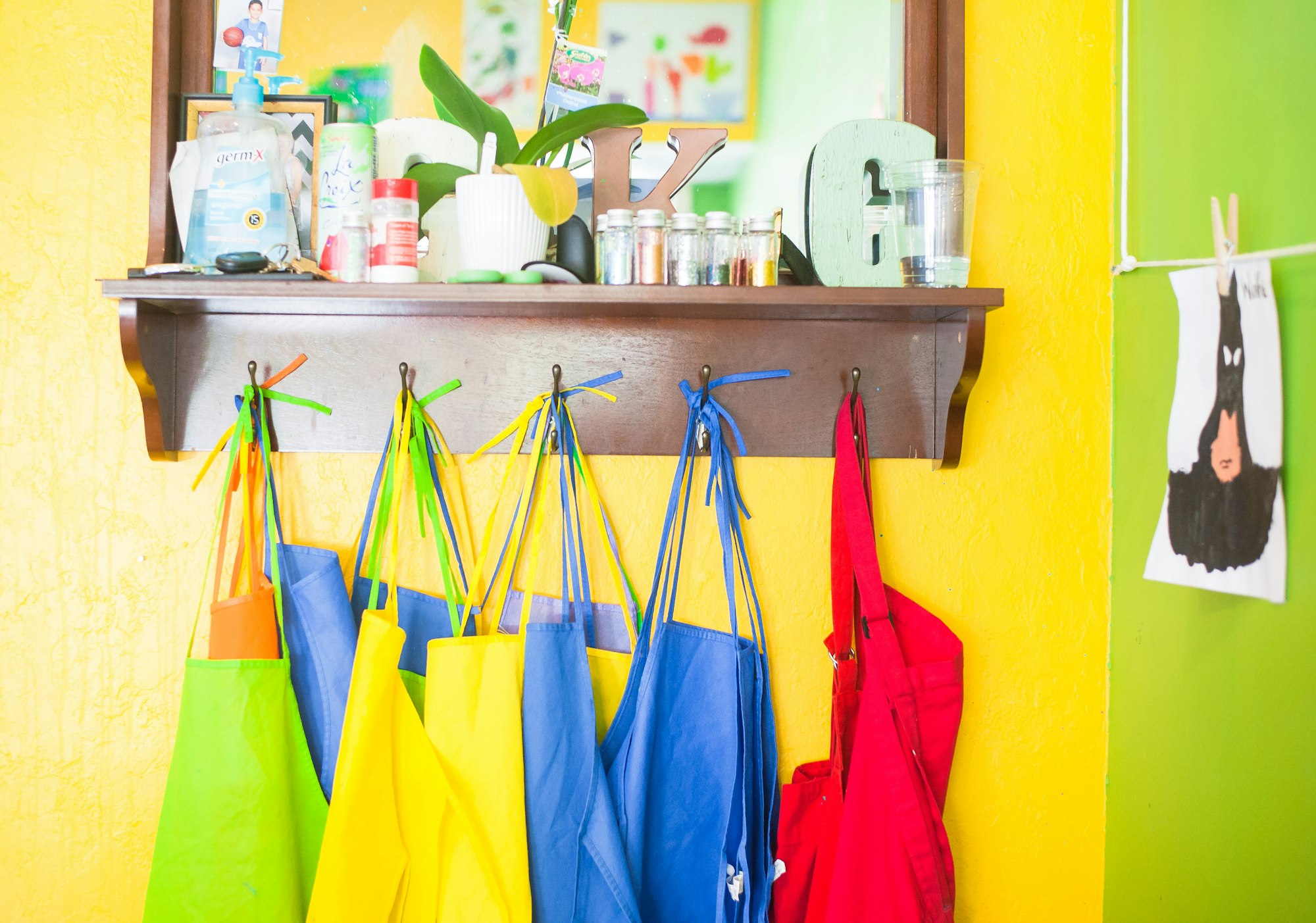Pros and Cons of Private School Vouchers
School Voucher programs have been quietly dominating the United States. I'm going to break down the pros and cons for you so you can form your own opinion.

"Now here you go again, you say you want your freedom" Dreams by Fleetwood Mac
School Voucher programs have been quietly dominating the United States. Currently, almost half the states have a strong school voucher program that provides a substantial amount of money to families. There are several more that provide a small tax credit or refund.
As I researched for this newsletter, I found they are incredibly polarizing. But what are they? I'm going to break down the pros and cons for you so you can form your own opinion.
THANKS SO MUCH TO OUR SPONSOR: GEMOO
With built-in screen recorder, screen capture tool, documentation tool, organized cloud library, and comment function, Gemoo enables teachers to easily keep parents up-to-date on how their children perform at school and exchange feedback at their own time. All for Free Forever.
Ok, but what's a voucher? School vouchers are programs created by individual states for parents to seek out alternatives to public/charter schools. Public and charter schools are funded by state/federal tax money. Private schools and homeschool are not. Voucher programs essentially divert your child's "per pupil" funding to your chosen private school (or homeschool) instead of sending it to fund public schools.
Please note that this is unique to each state- some vouchers are worth thousands of dollars, while others may provide a $500 tax credit. North Carolina, for example, gives vouchers based on family income. The projected average voucher for this school year is $2,769.
Pros:
- Many proponents argue that tax money is being wasted if you do not send your child to their local pubic school. They would rather see the money benefit their child directly.
- The second most common argument is that this makes access to private schools and homeschooling more equitable. Schools are incredibly expensive to run and scholarships (especially full scholarships) are competitive. Providing families school vouchers can make alternative schooling accessible in some cases.
- It creates more options. Many families do not have a choice of where their child goes to school. They simply enroll in the neighborhood school. However some schools may be dangerous, lack desired courses, or have poor test scores. Vouchers provide families with a chance to make a choice they want. In most states this includes religious education.
- Many states have an additional program to support students with special needs. This would potentially mean extra funds to cover the cost of special education, speech therapy, and/or occupational therapy. If a child is eligible for services, they will receive support during school hours for free. Private schools, however, are not required to provide these services.
Cons:
- Private schools, homeschooling, and support for special needs are r eally expensive. Parents will get only a few thousand dollars, but private schools easily cost $10-20k per student annually. Critics argue that it doesn't truly give low-income families a chance to enroll in private school.
- In practice, they do not support low income families. Indiana has one of the most robust voucher programs in the nation. They have found most families using vouchers are middle class and less than 1% were students leaving "failing" schools. Schools have experienced a drain on diversity as middle and upper class families flocked to private schools taking their tax money with them. Schools are underfunded and struggling. The former superintendent, Wendy Robinson, called it an "assault on public schools."
- I put religious schools in the pros and cons intentionally since it is so personal. One survey found that the majority of parents used their vouchers for a religious school. Some may see this as religious freedom while others may see it as secular tax money funding religious organizations.
Some Announcements:
- 3 EdTech Tools you need to try now: My next video premieres tomorrow on my YouTube Channel, Primary Focus ! I share about 3 FREE amazing tools that are game changers for both teachers and parents. Make sure to subscribe so you don't miss it.
- Drawing fails: I've been running a fun series showing hilarious drawings students have made in the past. Check them out on TikTok or Insta
Check these out:
- Wonderful: I listen to the most calm, uplifting podcast called Wonderful . Each week this couple shares things that makes them happy. It is, in a word -- wonderful.
- Florals: One of the biggest conundrums in decorating my home with Mike is that I want to cover everything in flowers and he wants to keep everything clean + modern. We've learned to compromise (we own a LOT of plants) and I express myself through beautiful stationary at Rifle Paper Company.
- No Headphones: The first signs of spring are showing up in NC. To enhance my daily walk, I've decided to go au natural (read: without headphones) for at least ten minutes. There are so many birds chirping and I feel so much more relaxed when I'm done. It's simple, but so fulfilling.
Til next week,
Natalie

